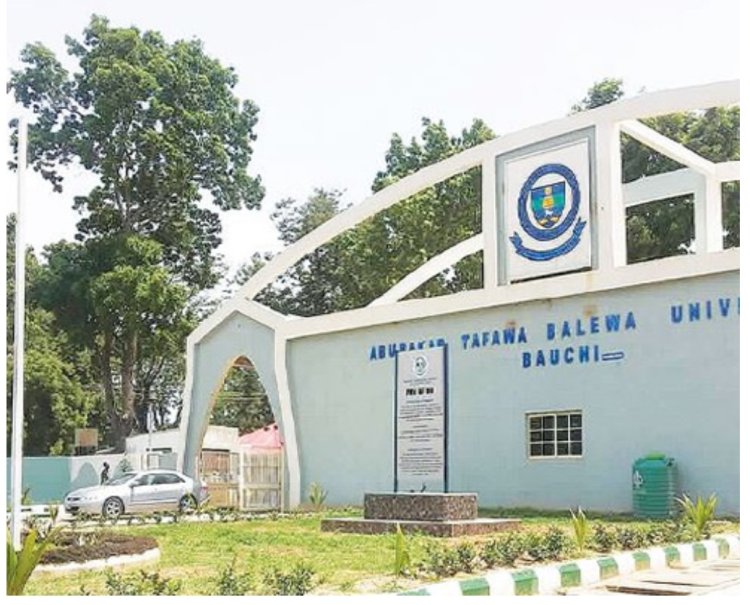Lecturers and Parents Object to Compulsory Drug Test at Abubakar Tafawa Balewa University
The unfortunate incident occurred on December 2, 2023, when Agabaidu was fatally stabbed while attempting to retrieve his girlfriend's bag from assailants. In response to the ensuing unrest, the university management temporarily closed the institution on December 3, 2023, extending the resumption date until January 7, 2024, to avoid further complications.

Parents of more than 10,000 students at Abubakar Tafawa Balewa University (ATBU) in Bauchi have raised concerns and opposition to the university's mandatory "toxicology test" for students slated to resume the next academic session. The objection centers around the financial burden placed on parents, as the test reportedly costs students between N5,000 to N10,000. The university's decision to implement the drug test follows a recent protest by students, triggered by the tragic murder of a 500-level Geology student, Joseph Agabaidu.

The unfortunate incident occurred on December 2, 2023, when Agabaidu was fatally stabbed while attempting to retrieve his girlfriend's bag from assailants. In response to the ensuing unrest, the university management temporarily closed the institution on December 3, 2023, extending the resumption date until January 7, 2024, to avoid further complications.
READ ALSO:Outstanding Girl at 2018 National Maths Competition Becomes Civil Engineer
To address concerns over potential repeat protests and combat drug abuse among students, the university management introduced the toxicology test. In addition to the test, students are required to sign an "Oath Of Good Character And Compliance" form, pledging not to engage in illicit drug use and promising to submit the toxicology test report upon resumption.
The form, originating from the Academic Division in the office of the Registrar, outlines students' commitments to maintaining good character, adhering to university rules, and refraining from participating in any form of demonstration or protest on university campuses. The stringent requirements include providing a medical report of the toxicology test upon resumption.
Parents, however, express their discontent with the university's decision, highlighting the financial strain imposed on them. Some argue that similar tests could be conducted within the university clinic, rather than requiring students to seek external laboratories for testing, adding an additional layer of cost and inconvenience.
Notably, objections have also emerged from both the Academic Staff Union of Universities (ASUU) and the Senior Staff Association of Nigerian Universities (SSANU) at ATBU. Union representatives, Inuwa Ibrahim and Sulisma Jatau, assert that they were not consulted before the decision was made, emphasizing their lack of support for the mandatory drug test.
Despite the opposition, the university's Director of Information and Public Relations, Zailani Bappa, defends the decision, stating that it is crucial for the safety and well-being of the majority of students. Bappa emphasizes the need to protect the university's integrity and address potential issues stemming from drug abuse, even as critics question the validity and necessity of such measures.
The controversy surrounding the compulsory drug test at ATBU underscores the complex balance between student welfare, university administration decisions, and the financial implications borne by parents.





